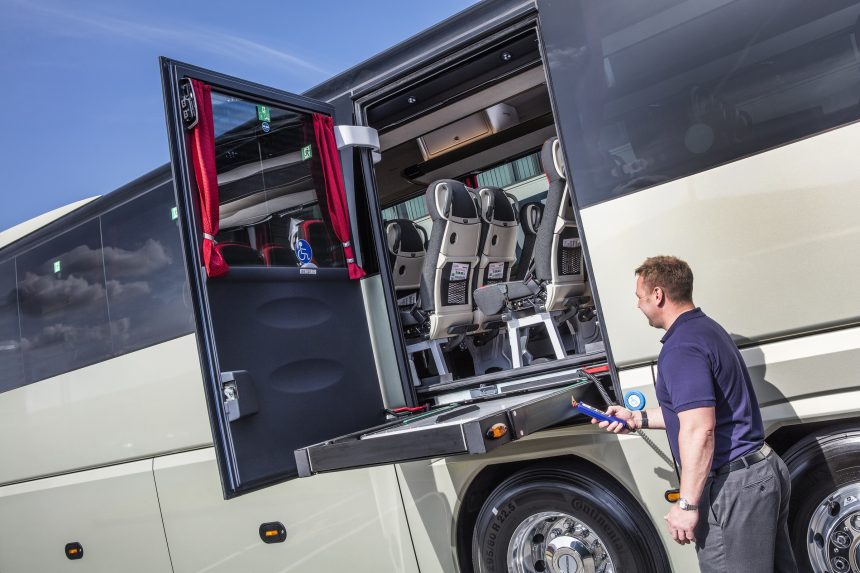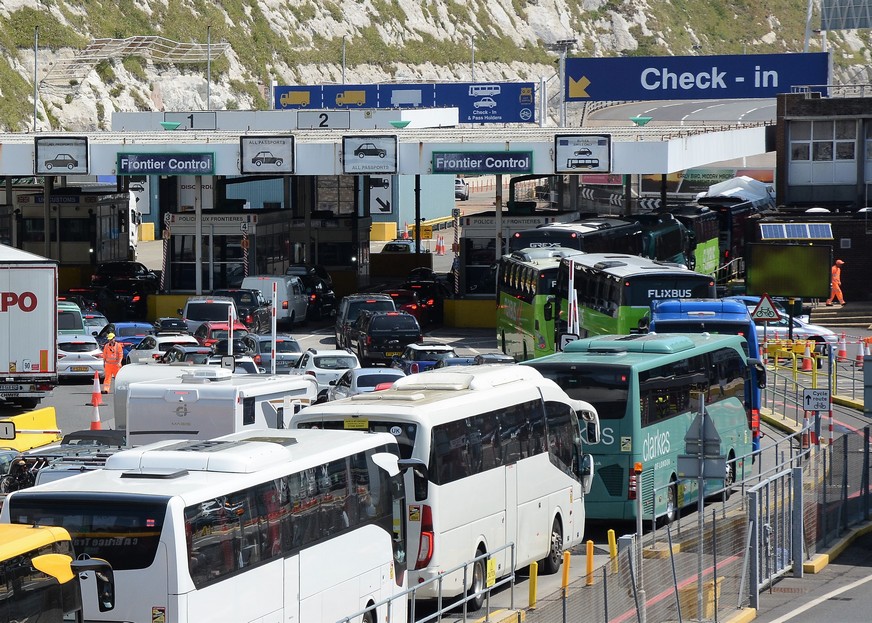I am sure that you cannot have failed to notice that a general election has been called for Thursday 4 July and that we are now in what is called the pre-election period. That puts restrictions on decision making and announcements, or anything else that might be considered to influence the outcome of the poll.
The election date may be sooner than many were expecting, and there is plenty of speculation as to why that is the case. However, we are now in a significant period of change and, as a result, many issues being considered by government that impact the coach industry will be delayed and/or could look very different.
Firstly, as of 4 June, the Institute for Government reports that 132 Members of Parliament will stand down at the election; a not insignificant number that includes 22 current and former Secretaries of State.
This is not unusual. Almost 150 MPs ‘retired’ in the 2010 election, but it will mean that a lot of government expertise is lost and that there will be a significant new intake into the House of Commons during July.
Secondly, whoever is in power, there will be changes in the Cabinet and among ministers of state. If the incumbent party keeps power, there may be a few of those who retain their roles, but the change will almost certainly be significant. With a new party, the change will be absolute.
Taking these two issues together, it is easy to see that there will be large numbers of MPs getting to know their briefs and their responsibilities from scratch. They, and we, will also need to build new relationships once again. We are used to this, as changes in government always seem to affect the Department for Transport (DfT). But it does not alter the fact that it takes time to do so.
After the election, new MPs will be sworn in, and the new Cabinet will be formed. The state opening of Parliament is expected on Wednesday 17 July, but just over a week later, on Thursday 25 July, the house will be adjourned until autumn.
Then, of course, we are into party conference season, starting on 30 August with the Scottish National Party and finishing on 2 October with the Conservatives.
As you will deduce, the chances of any announcements on issues that have a significant impact on the coach industry until much later in the year, or even into 2025, are very small. That includes, for example, the results of and next steps for the calls for evidence on PSVAR and infrastructure for zero-emission vehicles.
Of more concern are live matters such as the European Entry/Exit System and introduction of Accessible Information Regulations on rail replacement services, which are both due to be implemented later this year.
We have good contacts within DfT and other government departments who are guiding these issues through, but I sincerely hope that there are no major snags that require political intervention.
As we look toward the future, working alongside a new government and ministers of state, UKCOA and, I am sure, other trade body representatives, will ensure that we regain the momentum on those issues that are of the utmost importance to the coach industry and its customers.



























